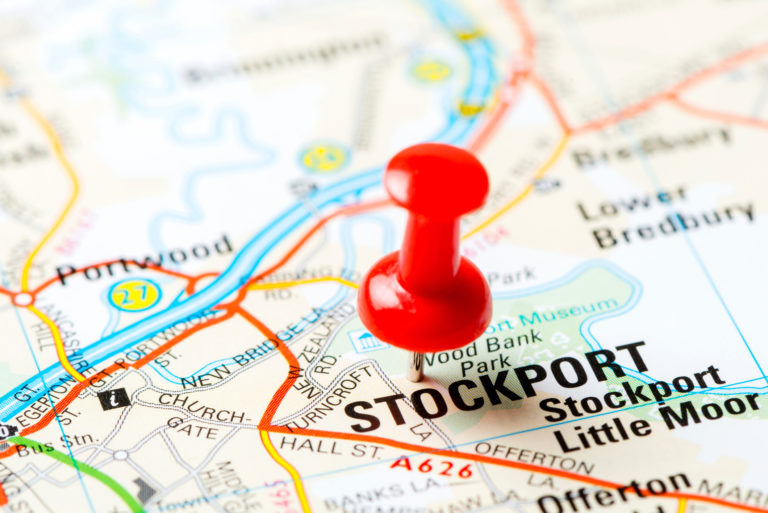With more than 10,000 properties across Manchester now exempt from stamp duty for first-time buyers, youngsters will be flocking to join the queue. Will this push prices up?
Figures from Rightmove show that the changes made in the Autumn Budget will unlock an extra 10,833 properties for first-time buyers looking to avoid stamp duty.
The changes mean that the tax is abolished for first-time buyers on homes costing up to £300,000, or on the first £300,000 of purchases up to £500,000, which will help in pricey places like London.
The average cost of a home in Manchester is £158,800 according to the latest figures from October, which falls well under the £300,000 threshold and is around £67,500 lower than the national average, which is around £226,367 according to Land Registry figures.
Ann Irwin, residential property partner at Manchester law firm Slater Heelis, said: “This is a change, not a stamp duty holiday so there is no time limit and it can be used on second hand properties not just new build homes, which will have a bigger effect right across the market.
“It can also be used in conjunction with other incentives like Help To Buy ISA’s and Help To Buy on new build homes.”
For people who had already factored stamp duty into their homebuying costs, the unexpected windfall will be very welcome to cover the other costs of buying a house, such as solicitor’s fees.
One first-time buyer, James Turner from Salford, is now around £1,000 better off in his purchase of a £174,995 home.
He said: “We are going to use the money to either upgrade the kitchen or get the back garden turfed, but we could have used it to reduce the mortgage.”
The cynic’s view
Phillip Hammond’s announcement inevitably attracted some criticism, though. The Office for Budget Responsibility (OBR) said that the new rules were likely to cause property prices to rise by around 0.3%, with most of the effects being felt in 2018.
The OBR said: “Post-[stamp duty] prices paid by first-time buyers would actually be higher with the relief than without it. Thus the main gainers from the policy are people who already own property, not the first-time buyers themselves.”
And think tank The Resolution Foundation claimed that the change would lead to an average £3,200 increase in the cost of an average-priced home, whereas the stamp duty relief would on average only deliver a £1,600 saving to the buyer.
The average time it takes for a first-time buyer to save for buying a home has only shrunk marginally, from 19 years to 18.5, according to the think tank.
However, while the potential rise in house prices is obviously not a good thing for those trying to get on the property ladder, the tax break will still make a difference to thousands of homeowner hopefuls. Stamp duty is a cash cost that must be paid for upfront on the completion of the sale – it cannot be added onto the mortgage – so not having to find those extra few hundred or even thousands of pounds during an already expensive process will be a welcome relief.










